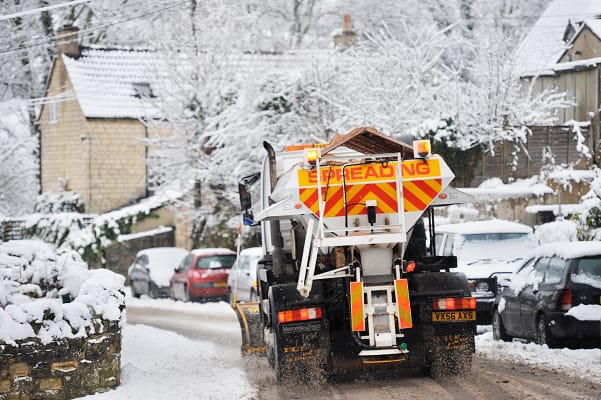The frosty weather combined with the rail strikes have resulted in significantly large drops in office occupancy across the UK and London on Monday.
The data, from workplace technology company, Freespace shows that the average UK office occupancy on Monday (snow/ice) was 24%, a drop from 32% last Monday.
The average London office occupancy on Monday (snow/ice) was just 19%, a drop from 33% last Monday, whilst the average UK office occupancy yesterday, Tuesday 13th December, (rail strikes) was 28%, a drop from 47% last Tuesday.
Also the average London office occupancy yesterday, Tuesday 13th December, (rail strikes) was just 22%, down from 51% last Tuesday.
Raj Krishnamurthy, Freespace CEO said, “People have been given more flexibility in their work. In a world where videoconferencing and remote working has become normal, asynchronised operations have proven not just workable but, in many ways, successful.
“The acceptance of new working patterns has given everybody a newfound freedom to work where they want and how they want; to move the dial between independent and collaborative working as needed.”
The Freespace Index, from workplace technology company, Freespace, is derived from over 140,000 sensors worldwide that measure building occupancy and environmental conditions. The anonymous workplace data provides an insight into working patterns, environments and office utilisation, supporting new ways of working across 130 cities, in 80 countries, and five continents.



Leave a Comment